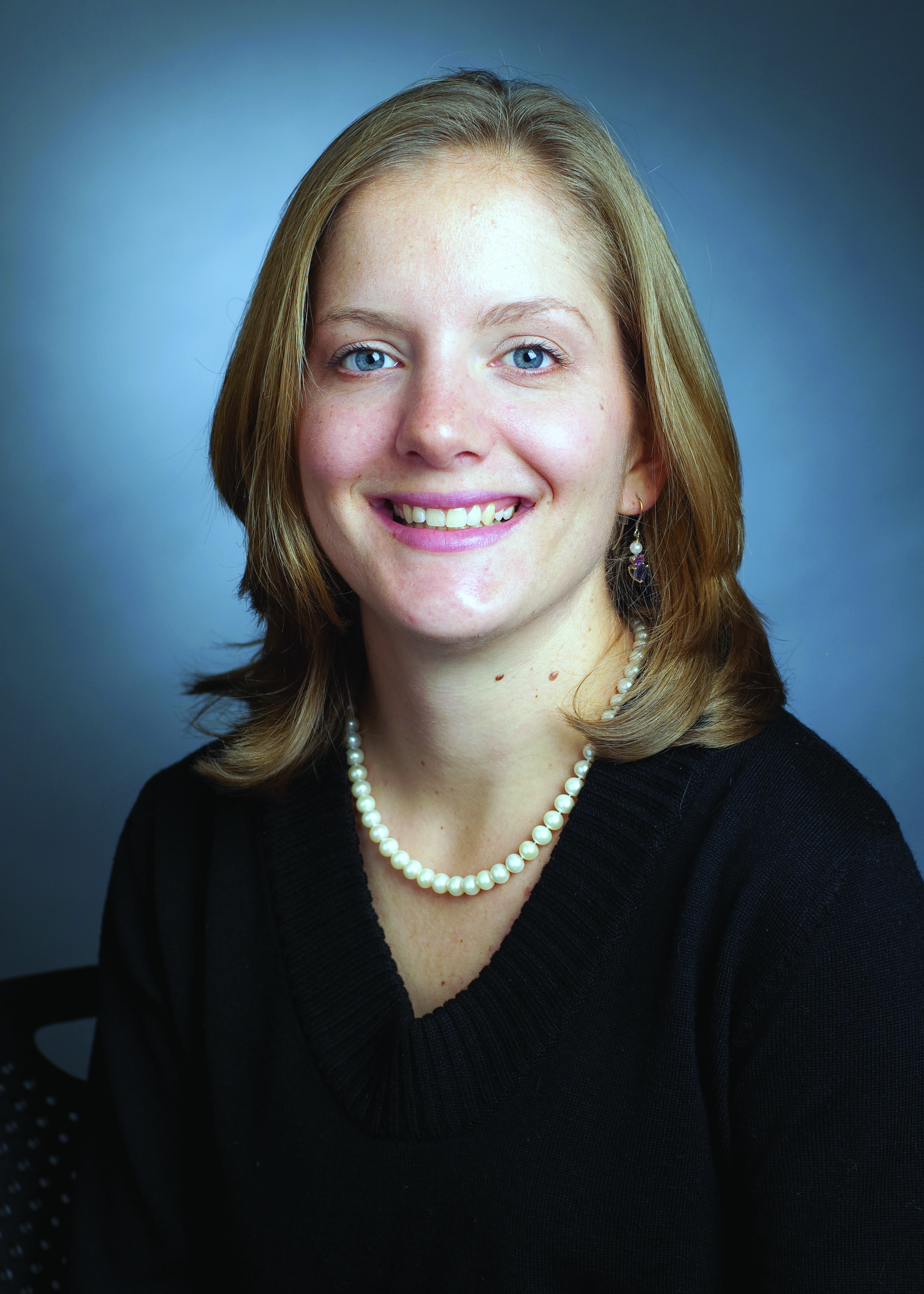What Does the Research Say About Genetic Testing and Underserved Populations?

Underserved communities largely have low rates of cancer genetic testing. Although the reasons vary, they can include lack of referrals, no or underinsurance, prohibitive cost, lack of trust, lack of knowledge, discrimination issues, or competing health needs.
We wanted to understand outcomes in a cohort of individuals who had sought financial assistance to access cancer genetic testing (https://doi.org/10.1002/cam4.1100). In that racially and ethnically diverse sample, we found rates of genetic mutations consistent with what is commonly reported, along with a number of variances of uncertain significance (that have no conclusive data to act on).
Because of lack of diversity, genetic information is typically driven by data from individuals who are white and of European decent. As a result, we more commonly see uncertain variants in those with diverse backgrounds, which can muddy the meaning of information obtained through genetic testing. Our findings demonstrated that genetic testing was necessary and had meaningful outcomes in an underserved population, further confirming that policies need to change to appropriately include diverse communities.
Currently, the public health policies that drive how payers cover genetic testing may not always meet a clinical need or fully support the needs of patients in practice. Without assistance, systems are not typically set up to support people of low-income, high-need backgrounds (https://doi.org/10.1002/cam4.1100) to obtain genetic testing. Moreover, people from underserved populations face several barriers to genetic testing, including the lack of access to genetic counselors or potentially high copays from treatments recommended after their results are analyzed.
Nurses can be a voice for patients in underserved communities. Identifying risks factors, connecting people with genetic services, and referring based on National Comprehensive Cancer Network guidelines can begin the conversation and start to close gaps.
Being informed and understanding the guidelines will help nurses understand when to refer patients, but also knowing the population and the community resources available can help them further guide patients. Oncology nurses do this for every patient they see, but when it’s related to genetics it can seem scary. That’s not the case. Nurses who are uncertain their role or in need of guidance shouldn’t be afraid to reach out to interprofessional colleagues on the healthcare team.
In a larger sense, oncology nursing and oncology nursing science have the opportunity to look holistically at the growing field of precision health and genetics—including recognizing social determinants of cancer care and treatment outcomes. Nurses can uncover and incorporate those components into the larger discussion. It isn’t enough to say, “this treatment goes with this gene mutation”; it must be something that all patients can access, tolerate, continue to receive, and more. It’s the entire holistic focus and is an area where oncology nurses can step forward as advocates.
